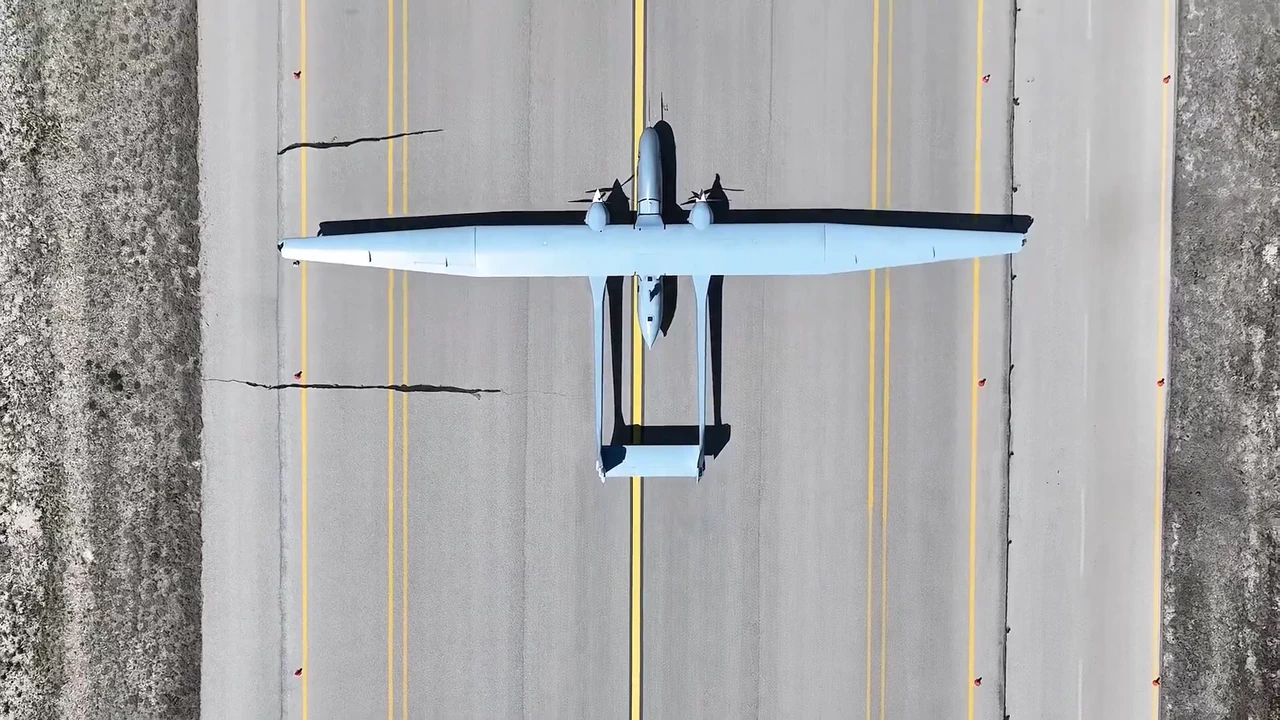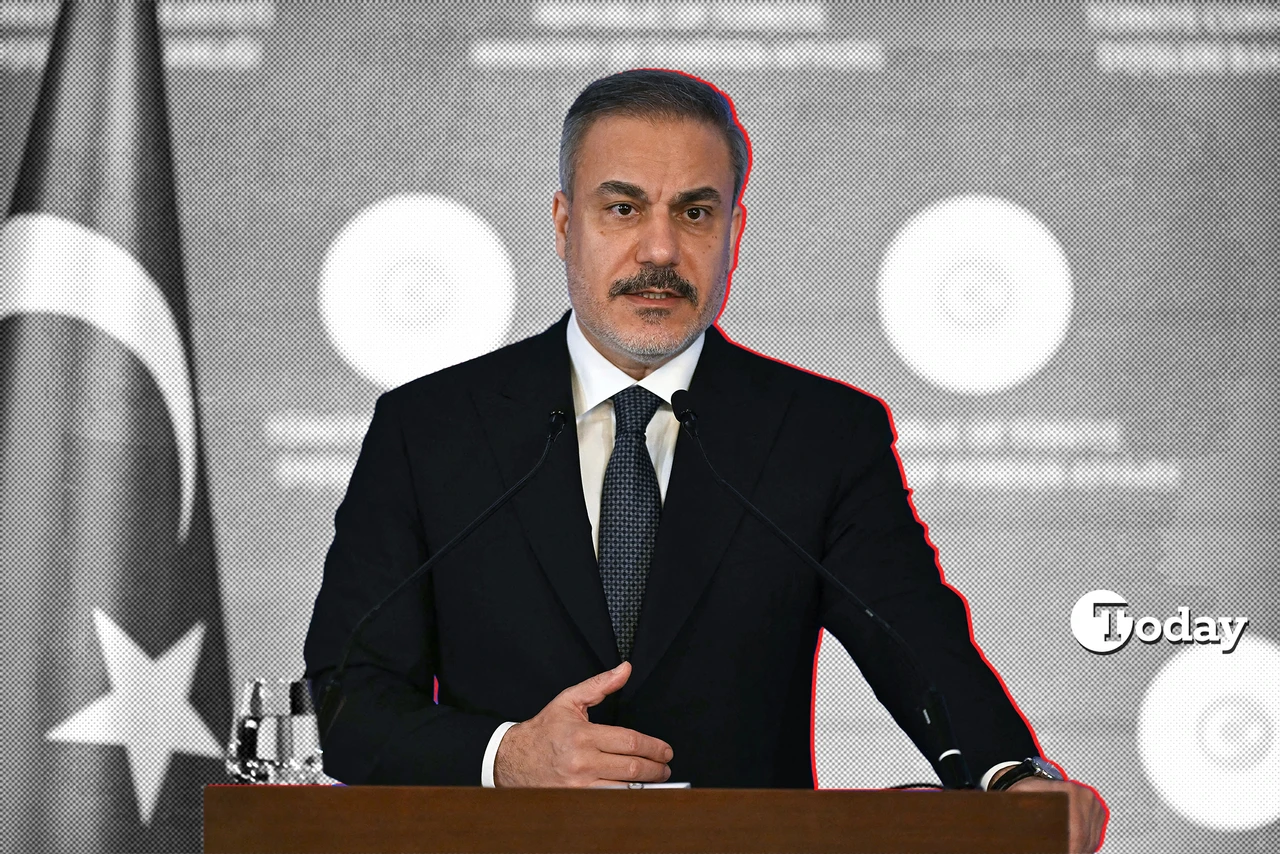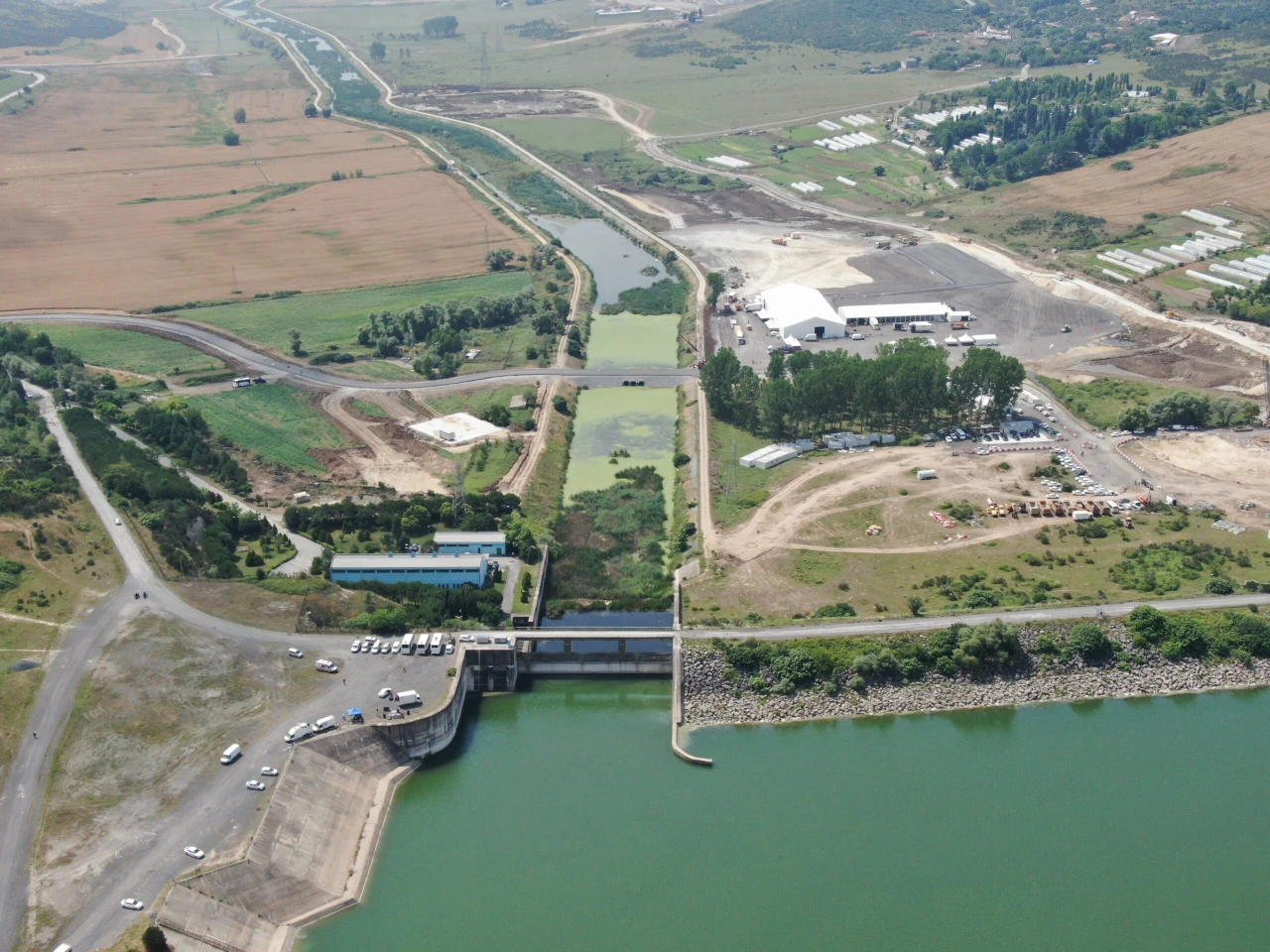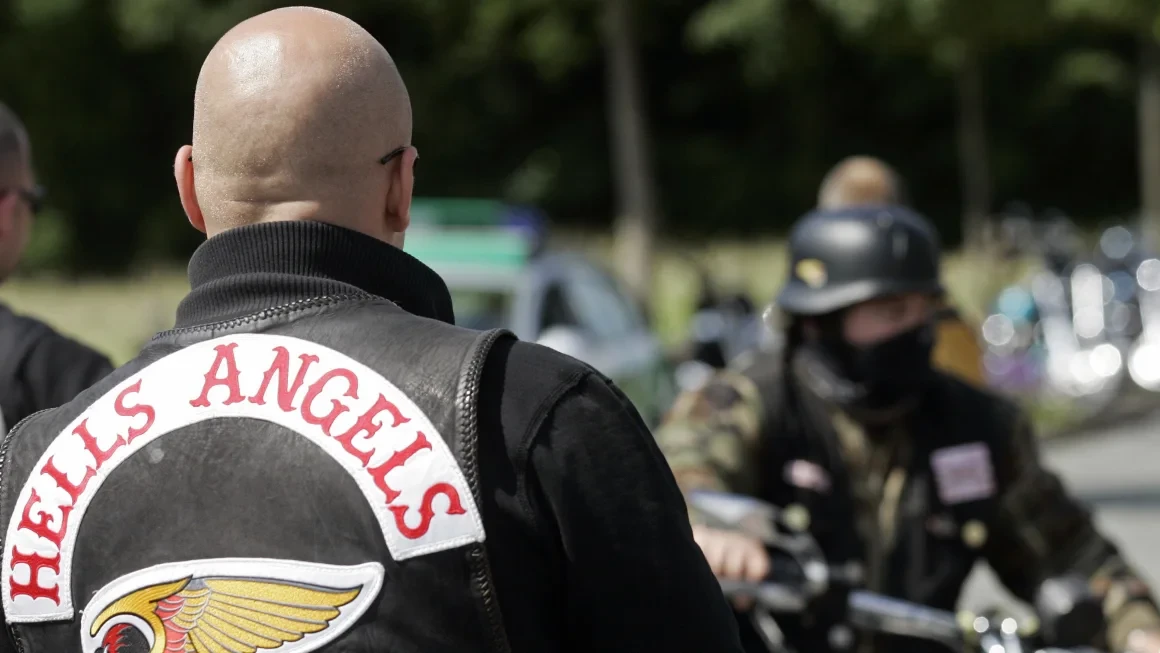Türkiye’s resilience: Foiled July 15 coup attempt
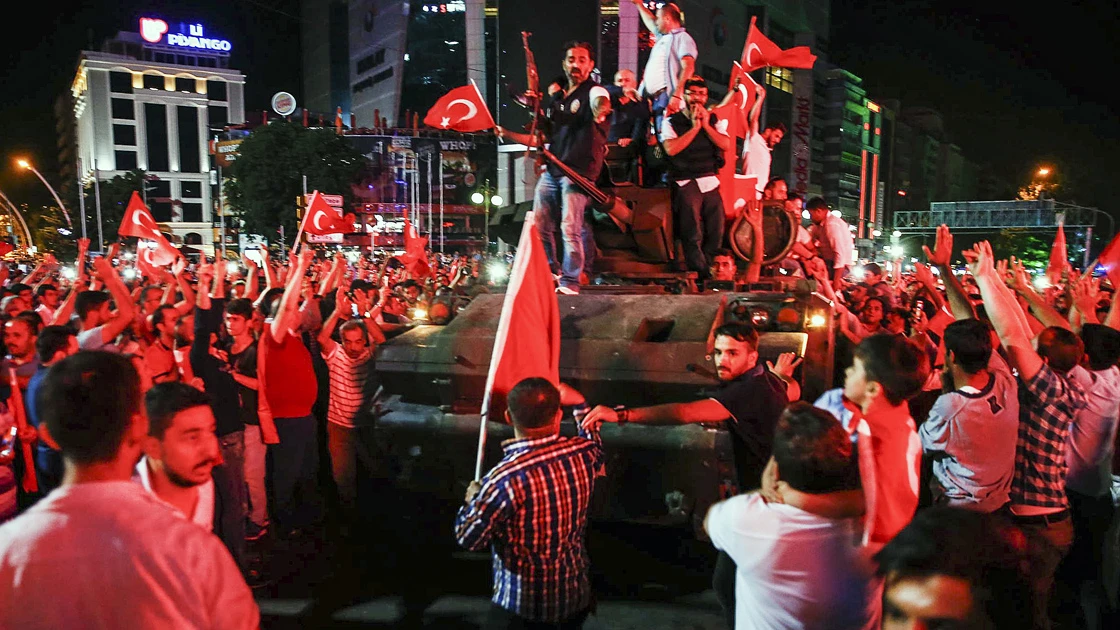 On the night of July 15, Turkish citizens take to the streets to stand in front of the coup plotters. (AA Photo)
On the night of July 15, Turkish citizens take to the streets to stand in front of the coup plotters. (AA Photo)
Fetullah Terrorist Organization (FETO) had been under intense scrutiny for its attempts to infiltrate and influence Türkiye’s military and government. By 2015, amidst government efforts to purge FETO sympathizers from the military after the Justice and Development Party’s (AK Party) reelection in 2015, tensions escalated.
From his base in the US, FETO leader Fetullah Gulen sanctioned a coup attempt, planned for July 15, 2016, following clandestine meetings and coordination with military plotters.
F-16s flying over Ankara
On the evening of July 15, 2016, as news of unusual military movements began to spread, Turkish television stations started reporting the unfolding coup attempt at 10:28 p.m.
Shortly after, F-16 fighter jets, commandeered by coup plotters, flew low over Ankara, signaling a significant escalation.Images and videos quickly circulated showing soldiers closing down two vital bridges in Istanbul, marking a direct attempt to control key transportation arteries in the city.
In a pivotal moment, President Recep Tayyip Erdogan appeared on a TV channel via video call at 12:24 a.m., urging the Turkish people to resist the coup plotters and take to the streets. From that moment on, citizens took to the streets to stand in front of the coup plotters at the call of President Erdogan.
As news of casualties caused by the putschists emerged, including a bombing of the main police headquarters in Ankara at 12:56 a.m., public outrage and defiance swelled against the attempted takeover.
Airstrike on the Parliament
At 1:13 a.m., a group of putschists led by General Semih Terzi landed in Ankara from Diyarbakir with the goal of capturing the elite Special Forces Command headquarters. Sergeant Omer Halisdemir heroically intervened, fatally shooting Terzi before being killed by fellow putschists.
Elsewhere in Ankara, putschists attacked protesters outside army headquarters, resulting in the deaths of 36 civilians. They also launched air assaults on Parliament, where lawmakers defiantly gathered to issue an anti-coup declaration.
By 3 a.m., public resistance aided in the liberation of national broadcaster TRT by police, while putschists attempted to disrupt broadcasts by bombing a satellite operator’s facilities in Ankara. Anti-coup civilians and police made significant gains, retaking control of key infrastructure like the Ataturk Airport air traffic control tower just before President Erdogan’s return.
End of an 21h-ordeal
As dawn broke on July 16, 2016, prosecutors issued arrest warrants, targeting coup conspirators and judiciary officials linked to FETO by 4 a.m. Despite initial successes, putschist positions began to crumble as they faced staunch opposition from loyalist military elements.
By 12:57 p.m., then Prime Minister Binali Yildirim declared the coup attempt suppressed, marking the end of a harrowing 21-hour ordeal that underscored Türkiye’s resilience against threats to its democratic institutions.
